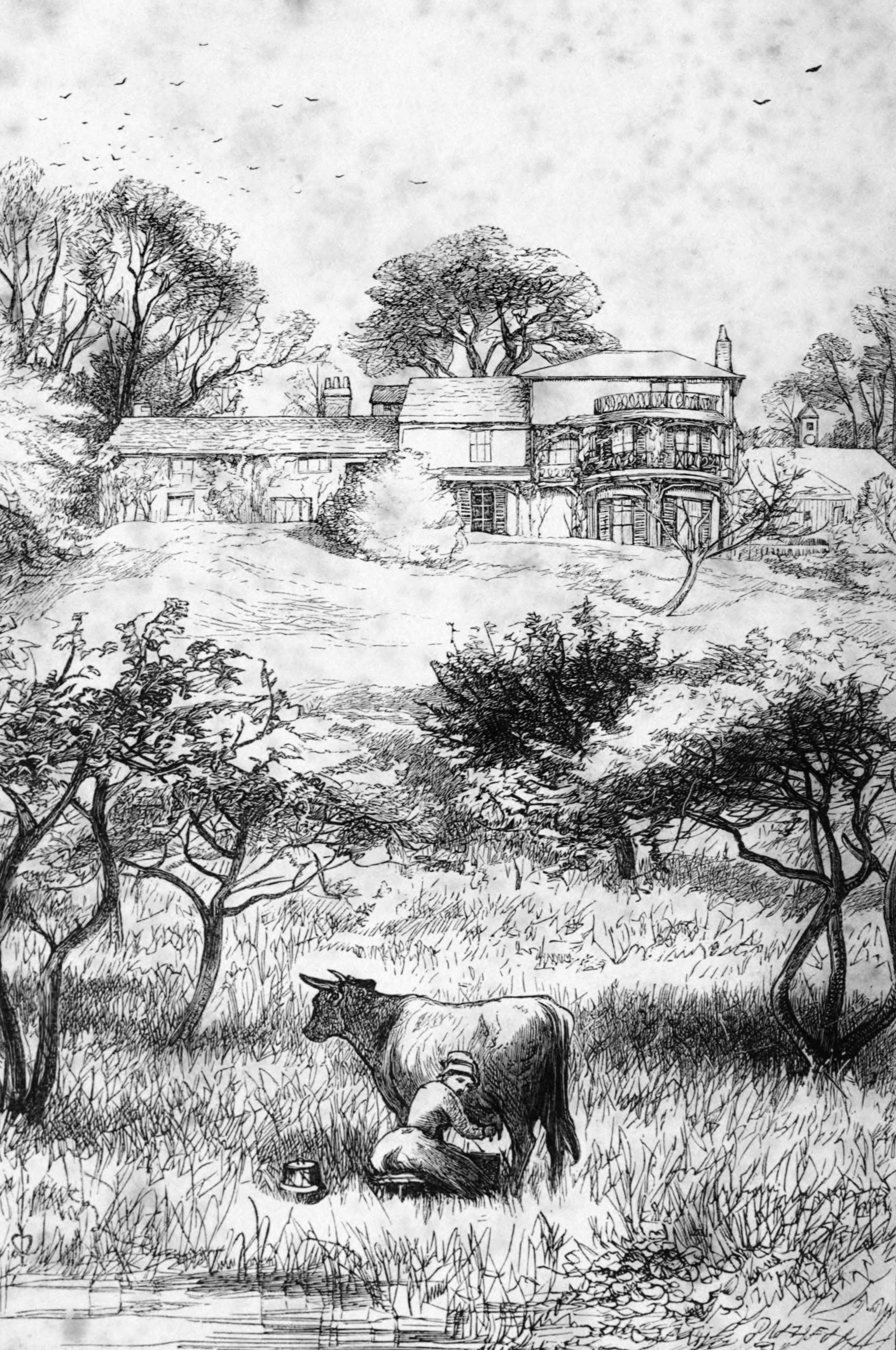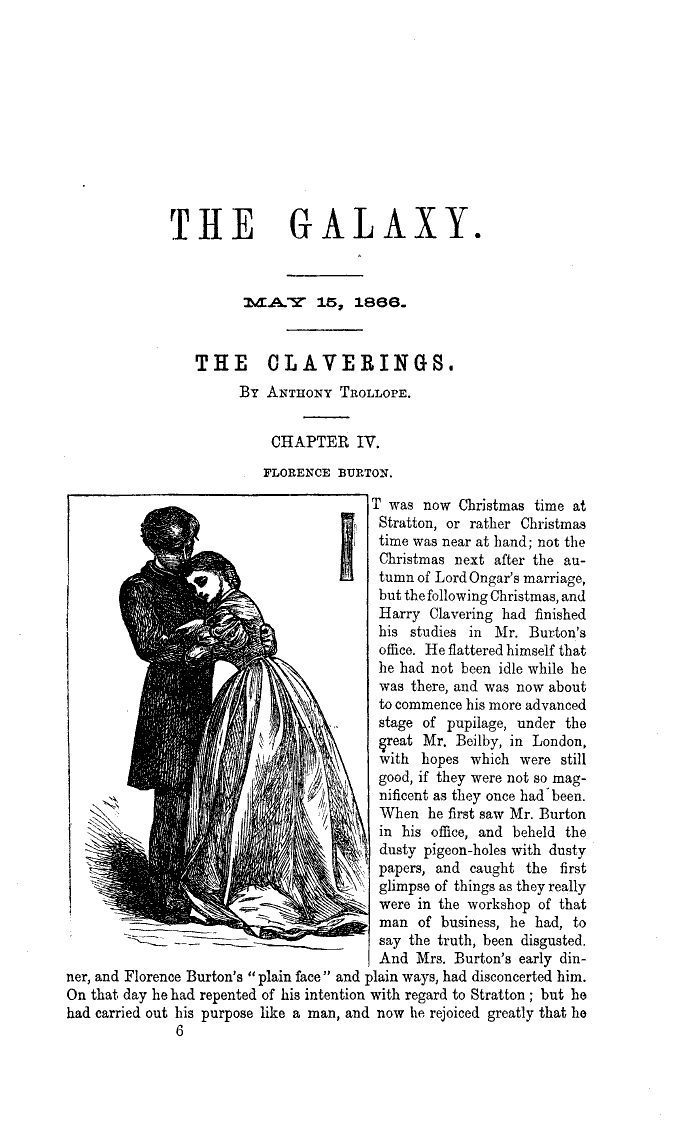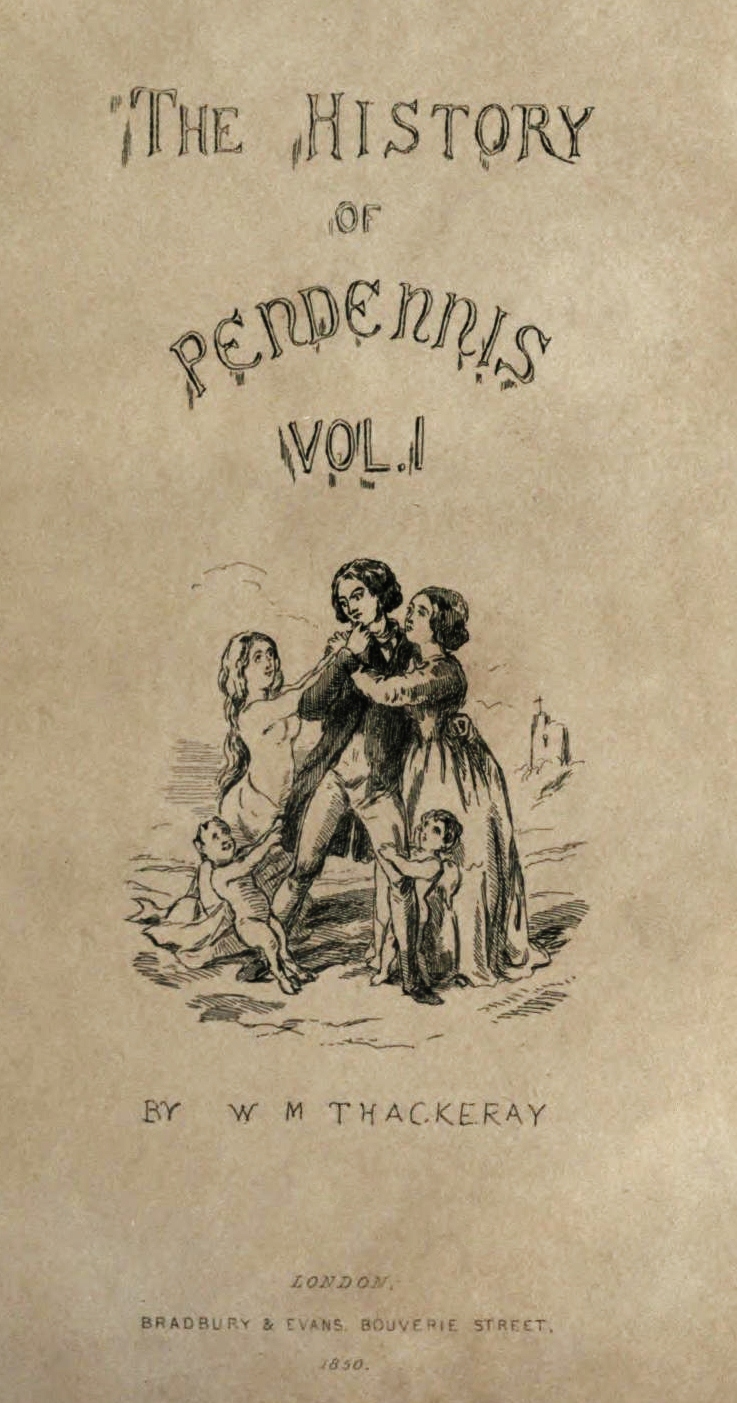|
Clavering Baronets
The Baronetcy of Clavering of Axwell was created in the Baronetage of England on 5 June 1661 for James Clavering, the grandson of James Clavering (1565–1630), a merchant adventurer of Newcastle upon Tyne, who was mayor of that city and who bought the estate of Axwell Park, near Blaydon, Northumberland in 1629. The Clavering family descended from the 13th-century Lords of Clavering and Warkworth and from Alan de Clavering (died 1328) of Callaly Castle, Northumberland. Branches of the family include Axwell, Callaly, Duddo, Berrington and Chopwell. The marriage of Mary Clavering of Chopwell to William Cowper in 1706 led to the creation of the Clavering-Cowper family Clavering of Axwell (1616) *Sir James Clavering, 1st Baronet (1620–1702) *Sir James Clavering, 2nd Baronet (1668–1707), grandson of the 1st Baronet and High Sheriff of Northumberland in 1703 *Sir John Clavering, 3rd Baronet (1672–1714) *Sir James Clavering, 4th Baronet (1708–1726) *Sir Francis Clavering ... [...More Info...] [...Related Items...] OR: [Wikipedia] [Google] [Baidu] |
Newcastle Upon Tyne
Newcastle upon Tyne ( RP: , ), or simply Newcastle, is a city and metropolitan borough in Tyne and Wear, England. The city is located on the River Tyne's northern bank and forms the largest part of the Tyneside built-up area. Newcastle is also the most populous city of North East England. Newcastle developed around a Roman settlement called Pons Aelius and the settlement later took the name of a castle built in 1080 by William the Conqueror's eldest son, Robert Curthose. Historically, the city’s economy was dependent on its port and in particular, its status as one of the world's largest ship building and repair centres. Today, the city's economy is diverse with major economic output in science, finance, retail, education, tourism, and nightlife. Newcastle is one of the UK Core Cities, as well as part of the Eurocities network. Famous landmarks in Newcastle include the Tyne Bridge; the Swing Bridge; Newcastle Castle; St Thomas’ Church; Grainger Town including G ... [...More Info...] [...Related Items...] OR: [Wikipedia] [Google] [Baidu] |
Sir James Clavering, 1st Baronet
Sir James Clavering, 1st Baronet (3 February 1620 – 24 March 1702) was an English landowner. He was the grandson of James Clavering (1565–1630), a merchant adventurer, Mayor of Newcastle upon Tyne in 1607, who bought an estate at Axwell House, near Blaydon on Tyne in 1629. Educated at Magdalene College, Cambridge and Gray's Inn, Sir James inherited the Axwell estate on the death of his father in 1648. He served as High Sheriff of Durham in 1649, as MP for Durham 1656–1658 during the Parliaments of the Protectorate and as Mayor of Newcastle in 1663. Clavering was created a baronet on 5 June 1661. His son John took part in the Jacobite rising of 1715 and was imprisoned in the Fleet prison in London. The granddaughter of his brother Robert Clavering (1625–1675) (who had married the heiress to the estate at Chopwell Hall, Chopwell, Co Durham) married William Cowper, 1st Earl Cowper in 1706. Their son William changed his name to Clavering-Cowper on inheriting Chopwell ... [...More Info...] [...Related Items...] OR: [Wikipedia] [Google] [Baidu] |
Anthony Trollope
Anthony Trollope (; 24 April 1815 – 6 December 1882) was an English novelist and civil servant of the Victorian era. Among his best-known works is a series of novels collectively known as the '' Chronicles of Barsetshire'', which revolves around the imaginary county of Barsetshire. He also wrote novels on political, social, and gender issues, and other topical matters. Trollope's literary reputation dipped somewhat during the last years of his life, but he had regained the esteem of critics by the mid-20th century. Biography Anthony Trollope was the son of barrister Thomas Anthony Trollope and the novelist and travel writer Frances Milton Trollope. Though a clever and well-educated man and a Fellow of New College, Oxford, Thomas Trollope failed at the Bar due to his bad temper. Ventures into farming proved unprofitable, and he did not receive an expected inheritance when an elderly childless uncle remarried and had children. Thomas Trollope was the son of Rev. (Thomas) Ant ... [...More Info...] [...Related Items...] OR: [Wikipedia] [Google] [Baidu] |
The Claverings
''The Claverings'' is a novel by Anthony Trollope, written in 1864 and published in 1866–67. It is the story of a young man starting out in life, who must find himself a profession and a wife; and of a young woman who makes a marriage of convenience and must accept the consequences of her decision. Plot summary Harry Clavering is the only son of Reverend Henry Clavering, a well-to-do clergyman and the paternal uncle of the affluent baronet Sir Hugh Clavering. At the start of the novel, Harry is wikt:jilt, jilted by his fiancée, the sister of Sir Hugh's wife, who proceeds to marry Lord Ongar, a wealthy but debauched earl. Harry's father urges him to make the church his profession; but Harry aspires to become a civil engineer, of the type of Robert Stephenson, Joseph Locke, and Thomas Brassey. To this end, he becomes a pupil at the firm of Beilby and Burton. A year and a half later, Harry has become engaged to Florence Burton, the daughter of one of his employers. He presses h ... [...More Info...] [...Related Items...] OR: [Wikipedia] [Google] [Baidu] |
William Makepeace Thackeray
William Makepeace Thackeray (; 18 July 1811 – 24 December 1863) was a British novelist, author and illustrator. He is known for his satirical works, particularly his 1848 novel '' Vanity Fair'', a panoramic portrait of British society, and the 1844 novel ''The Luck of Barry Lyndon'', which was adapted for a 1975 film by Stanley Kubrick. Biography Thackeray, an only child, was born in Calcutta, British India, where his father, Richmond Thackeray (1 September 1781 – 13 September 1815), was secretary to the Board of Revenue in the East India Company. His mother, Anne Becher (1792–1864), was the second daughter of Harriet Becher and John Harman Becher, who was also a secretary (writer) for the East India Company. His father was a grandson of Thomas Thackeray (1693–1760), headmaster of Harrow School."THACKE ... [...More Info...] [...Related Items...] OR: [Wikipedia] [Google] [Baidu] |
Pendennis
''The History of Pendennis: His Fortunes and Misfortunes, His Friends and His Greatest Enemy'' (1848–50) is a novel by the English author William Makepeace Thackeray. It is set in 19th-century England, particularly in London. The main hero is a young English gentleman Arthur Pendennis, who is born in the country and sets out for London to seek his place in life and society. The novel took two years for Thackeray to write and, in line with other Thackeray works, most notably '' Vanity Fair'', it offers an insightful and satiric picture of human character and aristocratic society. The characters include the snobbish social hanger-on Major Pendennis and the tipsy Captain Costigan. Miss Amory and Sir Francis Clavering are somewhat reminiscent of Becky Sharp and Sir Pitt from ''Vanity Fair''. Plot summary Arthur Pendennis ("Pen" to his friends) is the only child of a prosperous physician and former apothecary now deceased. He and his foster sister Laura are raised in the vi ... [...More Info...] [...Related Items...] OR: [Wikipedia] [Google] [Baidu] |
Douglas Clavering
Captain Douglas Charles Clavering RN FRS (8 September 1794 – mid-1827) was an officer of the British Royal Navy and Arctic explorer. Biography Early life and career Clavering was born at Holyrood House, the eldest son of Brigadier-General Henry Mordaunt Clavering (1759–1850) and Lady Augusta Campbell (1760–1831), the daughter of John Campbell, 5th Duke of Argyll. His grandfather was Lieutenant-General John Clavering, who had served as Commander-in-Chief, India, from 1774. Despite his impeccable military antecedents Clavering elected to serve in the Navy. Joining at a young age, he served as a midshipman under Sir Philip Broke in the frigate . Clavering distinguished himself during the battle with USS ''Chesapeake'' in June 1813, and was honourably mentioned in Broke's report. He then served as a lieutenant aboard the sloop-of-war in the Mediterranean, and in 1821 was appointed commander of the sloop , on the coast of Africa. While on passage to join his ship, he stru ... [...More Info...] [...Related Items...] OR: [Wikipedia] [Google] [Baidu] |
John Clavering (British Army Officer)
Lieutenant General Sir John Clavering KB (''bapt.'' 1722 – 30 August 1777) was an army officer and diplomat. Military career Baptised in Lanchester, County Durham, England in 1722, Clavering was the younger son of Sir James Clavering Bt and Catherine Yorke,T. H. Bowyer, ‘Clavering, Sir John (bap. 1722, d. 1777)’, Oxford Dictionary of National Biography, Oxford University Press, Sept 2004; online edn, Jan 200accessed 26 May 2008/ref> and younger brother of Sir Thomas Clavering, 7th Baronet. He was commissioned as ensign in the Army in 1736, and was a captain of the Coldstream Guards by 1753. During the Seven Years' War, Clavering served in the West Indies. During the Invasion of Guadeloupe Major-General John Barrington transferred most of the soldiers from Fort Royal, Martinique, to Fort Louis on the Grande-Terre side of Guadeloupe. In March he used this as a base from which naval transport carried separate forces under Brigadiers Byam Crump and John Clavering to att ... [...More Info...] [...Related Items...] OR: [Wikipedia] [Google] [Baidu] |
John Clavering (died 1762)
John Clavering (19 July 1698 – 23 May 1762) of Chopwell Hall, Chopwell, formerly County Durham, now Tyne and Wear, was a member of a junior branch of the Clavering family. He was the son of John Clavering of Chopwell and was a Groom of the Bedchamber at the Court of George II from 1731 to 1761. He was Member of Parliament for Great Marlow Great Marlow is a civil parishes in England, civil parish within Wycombe district in the England, English county of Buckinghamshire, lying north of the town of Marlow, Buckinghamshire, Marlow and south of High Wycombe. The parish includes the Ha ... 1727–1731 and Penryn 1734–1741. His London address was 8 Burlington Street, where the new house was built for him on a 62-year leasehold in 1734. He inherited the Chopwell estate from his father and an estate at Potter Newton, near Leeds, from his mother. He died unmarried and bequeathed his property to his nephew, the 2nd Earl Cowper. References 1698 births 1762 deaths ... [...More Info...] [...Related Items...] OR: [Wikipedia] [Google] [Baidu] |
High Sheriff Of Durham
This is a list of the High Sheriffs of County Durham, England. In most counties the High Sheriff is the oldest secular office under the Crown. In the Palatinate of Durham the officeholder was appointed by and was accountable to the Bishop of Durham until 1836 when the Crown claimed authority. The High Sheriff was the principal law enforcement officer in the county but over the centuries most of the responsibilities associated with the post have been transferred elsewhere or are now defunct, so that its functions are now largely ceremonial. The High Sheriff changes every March. High Sheriffs of County Durham *1146 Osbert 15th century *18 January 1401: Sir Robert Conyers *24 August 1406: Sir Percival de Lyndeley *2 June 1414: Sir William Claxton *2 January 1420: Robert Eure *6 May 1436: Sir William Bowes *4 October 1437: Robert Ogle''The History and Antiquities of the County Palatine of Durham'' Vol I. William Fordyce (1857) p150. Google Books *1 October 1438: William Pudsay ... [...More Info...] [...Related Items...] OR: [Wikipedia] [Google] [Baidu] |
Sir Thomas Clavering, 7th Baronet
Sir Thomas Clavering, 7th Baronet (19 June 1719 – 14 October 1794) was a British landowner and Member of Parliament. He was the son of Sir James Clavering, 6th Baronet and succeeded to the Baronetcy of Axwell and to the family estates on the death of his father in 1748. He was Member of Parliament for St Mawes 1753–1754, and for Shaftesbury 1754–60 (where he paid £2000 to secure the seat). He resigned his seat at Shaftesbury in December 1760 to fight a by-election for County Durham; he lost that election and the general election of 1761,Note 7, Page 210, Lewis Namier, ''The Structure of Politics at the Accession of George III'' (2nd edition – London: St Martin's Press, 1957) but was elected for the constituency at the third attempt in 1768 and continued to represent it until 1790. Prior to his succession he lived at Greencroft Hall, Greencroft, Durham, a spacious mansion built by his grandfather James Clavering (1647–1721) in the late 17th century. In 1758, he rep ... [...More Info...] [...Related Items...] OR: [Wikipedia] [Google] [Baidu] |
High Sheriff Of Northumberland
This is a list of the High Sheriffs of the English county of Northumberland. The High Sheriff is the oldest secular office under the Crown. Formerly the High Sheriff was the principal law enforcement officer in the county but over the centuries most of the responsibilities associated with the post have been transferred elsewhere or are now defunct, so that its functions are now largely ceremonial. The High Sheriff changes every March. 11th century * 1076–1080 Gilebert * 1085–1095 Arkell Morel, supposed slayer of Malcolm Canmore, King of Scots at the Battle of Alnwick. 12th century * 1107–1118 Joint Ligulf and Aluric * 1119–1132 Odard * 1133–1150 Adam son of Odard * 1154 Odard * 1155–1170 William de Vesci, Lord of Alnwick * 1171–1184 Roger de Stuteville * 1185–1188 Roger de Glanville * 1189 William de Stuteville * 1190 William de Stuteville and Reginald Basset * 1191–1193 William de Stuteville * 1194–1199 Hugh Bardulf 13th century 14th century 15th cen ... [...More Info...] [...Related Items...] OR: [Wikipedia] [Google] [Baidu] |





_2003_(1382922501).jpg)